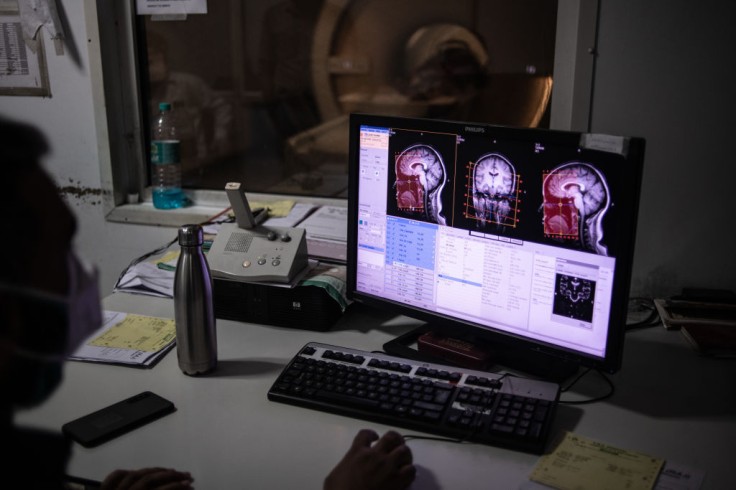
A new study from the U.S. Centers for Disease Control and Prevention (CDC) revealed that seven percent of children had incurred a concussion or head injury in the last year, and it's more prevalent in kids between the ages of 12 to 17 years old.
The study indicated that it's boys more than girls who experience concussions, especially among white and non-Hispanic kids who are active in sports. However, a concussion may also occur due to accidents, abuse, car crashes, and falls.
The doctors cited that head injuries resulting from abuse have drawn more concerns because concussions produce the most bleeding in the brain. While most concussions are usually non-life-threatening, the heavy formation of blood in the brain could lead to serious risks if left unchecked.
CDC presented the report based on data reported by parents, which is the first of its kind in the study on concussion. The study authors said that many head injuries in children may still be underestimated and underreported despite the data collected.
When Concussions Remain Unchecked
Dr. Michael Grosso of the Huntington Hospital in New York said that there is such a thing as a "post-concussive syndrome." It's when kids with "mild" concussions for a prolonged period develop headaches, visual problems, coordination problems, as well as issues with mood and performance in school.
The expert said that parents should be especially concerned if a child who has injured his head goes back to normal activities without getting an assessment from the doctor. Regardless of how the child got his concussion, he should still need to be examined since the severity of a concussion is wide-reaching and very broad.
In many cases, brain injury symptoms may not show up until 24 to 72 hours of the incident. While most will recover, children with lingering symptoms for weeks or months should be brought to the doctor immediately for assessment that may include a CT scan or an MRI brain scan.
Parents also need to understand that every concussion is unique, so the severity of the symptoms and the treatment may vary significantly per incident. During the first crucial three days after the head injury, parents should ensure that the child limits his physical and mental activities. The child should also eat well and avoid caffeinated drinks.
Some danger signs to watch out for include drowsiness, slurred speech, repeated vomiting, shaking or twitching, unusual behavior like confusion or restlessness, and passing out. On the other hand, for babies and toddlers, parents should be concerned if they won't stop crying or won't nurse after a head injury episode.
Read Also : School-Approved Fraternity Boxing Match Results to Death of UNLV Student Due to Brain Injuries
Concussion Prevention: What Parents Must Do
For parents with children active in sports, using safety gear like a helmet whenever they play can protect them from severe head trauma. The CDC, however, said that while a "concussion-proof" helmet does not exist, wearing one will significantly reduce the risks.
Parents should also check if their children's sports teams observe safety practices and if the coaches are educated and capable of preventing injuries during training and games. Parents should consider taking their children to age-appropriate sites for casual playtimes in the playground, where the equipment is installed well, and have soft surfaces on the ground to cushion falls.
For families with smaller kids, childproofing is a must so that the baby or toddler won't suffer a concussion if they bump their head while learning how to crawl, pull up, or walk. Parents must also invest in proper gear like car seats and booster seats if they have small and young children. For infants, parents must avoid rocking or shaking the baby too much to get them to sleep as this could also lead to a head injury.